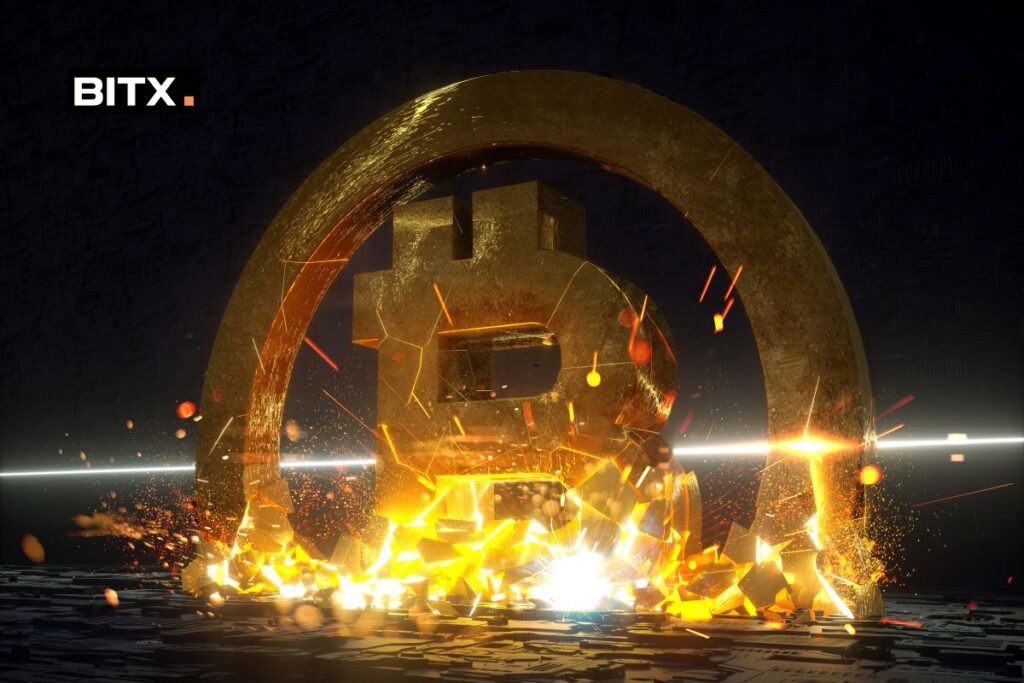Introduction
In the rapidly evolving landscape of digital currencies, Bitcoin stands as the undisputed pioneer. Born in the aftermath of the 2008 global financial crisis, Bitcoin has been hailed by some as the future of currency and a potential solution to many of the traditional financial system’s problems. One of the most prevalent narratives surrounding Bitcoin is its positioning as "Digital Gold." Here, we delve into an analysis of this narrative and explore Bitcoin’s long-term prospects in this context.
Bitcoin and the Digital Gold Narrative
The Digital Gold narrative suggests Bitcoin’s primary role is to serve as a digital form of the traditional, tangible gold, with properties identical to the precious metal but in a digital format. Similarities include limited supply, resistance to inflation, and a high value-to-weight ratio. Limiting the total number of Bitcoins to 21 million, as set in the Bitcoin protocol, parallels the finite amount of gold mined worldwide.
Advantages of Bitcoin as Digital Gold
- Limited Supply: The finite supply of Bitcoin ensues that its value is not subject to devaluation due to overproduction, as happens with fiat currencies. The scarcity also creates an inherent demand that may drive its price up as it becomes more sought-after.
- Portability and Divisibility: Unlike bulky gold bars, Bitcoin can be easily transferred globally and divided into smaller units for transactional purposes.
- Security and Decentralization: Bitcoin’s blockchain technology offers a secure ledger system, ensuring transparency and security in transactions, while being decentralized and thus not controlled by any single government or authority.
Challenges for Bitcoin as Digital Gold
Despite its advantages, Bitcoin faces several challenges that complicate its status as aSerializer.com Digital Gold:
- Price Volatility: Bitcoin’s price has shown extreme fluctuations, making it unsuitable for many everyday transactions and deterring potential users from adopting it as astore-of-value. Stabilizing this volatility will be crucial for Bitcoin to establish itself as a viable Digital Gold alternative.
- Slow Transactions: Contrary to gold, bitcoin’s confirmation times can be comparatively slow, with large transaction fees at times. Improvements in the scalability and efficiency of the bitcoin network are necessary to address these issues.
- Regulatory Uncertainty: Despite growing acceptance, Bitcoin remains largely unregulated. This regulatory limbo generates uncertainties among investors and businesses, posing challenges to its sustained growth.
- Environmental Concerns: Bitcoin’s mining process consumes significant amounts of energy, drawing criticism for its environmental impact. Environmentally sustainable alternatives need to be developed to combat this issue.
The Future of Bitcoin as Digital Gold
Exploring Bitcoin’s long-term prospects as Digital Gold necessitates finding solutions for the challenges mentioned above. Should Bitcoin address its volatility, scalability, regulatory hurdles, and environmental concerns, it could indeed challengearlybecome a legitimate Digital Gold contender.
In conclusion, Bitcoin’s future as Digital Gold lies in its ability to evolve and adapt to overcome the challenges it faces. As the world watches the development of this groundbreaking technology, investors, businesses, policymakers, and developers must continue refining Bitcoin’s potential to turn the Digital Gold narrative into a reality.

